Treatment
Transformative Treatment Success At Recovery Syndicate
Recovery Syndicate boasts a low relapse rate of 9.2%, beating the national target of 20%. Their average length of stay is over 125 days, exceeding the national average of 30-45 days. They also exceeded the target mark for transitioning clients into lower levels of care with a 30% transition rate. In 2021, there were 35 million Americans with substance use disorders and 107,622 drug overdose deaths in the US.
Clients of Recovery Syndicate have better chances of long-term recovery, as they get better, stay longer, and are less likely to relapse. We are committed to connecting people with a comprehensive approach to treatment with licensed behavioral health professionals, experienced support staff, and robust case management services.
Comprehensive Treatment Continuum
At Recovery Syndicate, we offer a variety of treatment options tailored to meet people wherever they are. Our multi-disciplinary team creates bespoke treatment plans based on individual needs, including a holistic range of therapeutic modalities. Treatment typically ranges between 30-90 days, depending on the severity of the addiction and the individual’s confidence in their ability to transition back into everyday life.
Navigating the path to recovery involves a comprehensive continuum of care, a structured approach that fosters sustained well-being. Each step in this continuum plays a pivotal role in the long-term recovery process, offering a seamless transition towards a healthier and more fulfilling life.
Considering Treatment?
What Our Clients Are Saying on Google
Treatment
Therapeutic Modalities
Embracing Holistic Wellness
Insurance Verification
We Accept Most Forms of Insurance. Get approved today.

"*" indicates required fields


















